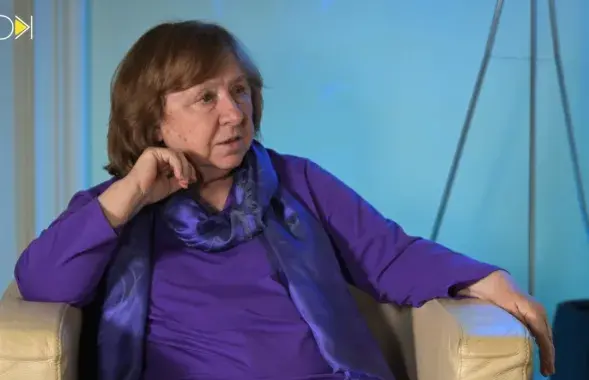Belarus to control migration by fighting arranged marriages
Aliaksei Biahun, a deputy director of Department for Citizenship and Migration, told the European Radio for Belarus that Belarus has rather stringent migration laws. But arranged marriage is a legal way to circumvent. Up to 100 immigrants stay in Belarus through fictitious marriages annually. He says that the proposed amendments will allow immigration officials simply to deny residence permits to those whose feelings and desires to create a family are doubtful. Lawmakers are expected to examine the amendments during the fall session of the parliament.
“Marriages can be proved as fictitious in court only. There are nearly 100 arranged marriages with foreigners annually. Our staff will work together with other agencies, including the Interior. We will not have to prove that the marriage is arranged. We will be proving that we have enough grounds to believe that the family is created exclusively to obtain a residence permit. Therefore, we will study every case and will ask the husband and the wife and then take a decision on whether to annul or deny residence permits”, Aliaksei Biahun says.
The official notes that there are various people, including those with the criminal background, among immigrants. They account for one percent of crimes across the country.
In 2007, over 14000 migrants, including 12500 from the CIS and the Baltic states, arrived in Belarus. There is a total of nearly 130,000 foreign citizens and non-citizens living in Belarus. Most of them come to make money, sometimes illegally. They create families which officials initially take as fictitious. However, they later convince the government that they are serious about their families by producing common children. At this point, they are cleared from the monitoring by the police.
Nina Fedaruk, who serves as a deputy chair of the Health, Physical Culture and Family Affairs at the House of Representatives, also sounds negative about arranged marriages. She says immigrants do not only chase for a residence permit. They are also granted state benefits. Therefore, she endorses the amendments to fight fictitious marriages.
Siarhei Kastsian, a deputy chairman of the International Affairs and CIS Committee at the House of Representatives, believes that not the best people, including many Muslims, come to Belarus. He says this could potentially lead to conflicts with the local population in the future.
“If we leave them loose, Belarus will become a Muslim country in ten years! This will lead to unnecessary challenges like what is now taking place in Germany, France, England, etc. In order to prevent this tension, we need to take necessary steps now”.
In the view of the lawmaker, foreigner should be tested for the knowledge of the Belarusian language and the traditions and history of Belarus before registering a cross-cultural marriage and issuing a residence permit.















